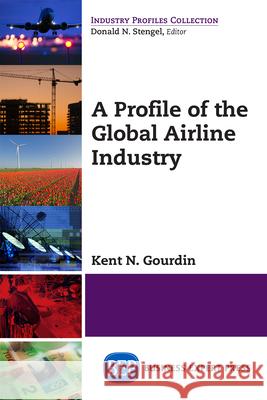A Profile of the Global Airline Industry » książka
A Profile of the Global Airline Industry
ISBN-13: 9781606495544 / Angielski / Miękka / 2015 / 131 str.
The airline industry is one of the most fascinating in the world, with roots going back to the earliest years of the 20th century. Not long after the Wright brothers flew successfully for the first time in 1903, interest in aviation for military and commercial purposes began. In the late teens, the United States government began offering potentially lucrative airmail contracts to start-up air carriers and, despite some rough patches along the way, by the 1930s, the industry was beginning to look like the companies we see today; The industry, both in the United States and abroad, continued to grow during the 1950s, 60s, and 70s. By the mid-1970s, Congress decided that economic regulation was no longer necessary and began the process of deregulation by freeing the all-cargo carriers from most CAB oversight in 1977. In 1978, for better or worse, the passenger airlines were deregulated as well. Deregulation transformed the U.S. airline industry forever. New carriers entered the marketplace, while old ones failed and the industry experience such trends as consolidation, globalization and, more recently cost-cutting and downsizing.This book will provide the reader with insight into the nature of the airlines and why companies promulgate the strategies they do. First, the history of commercial air services will be examined, with an initial focus on the United States. After that background, airline operations around the world will be compared and the different types of carriers that comprise the industry will be discussed. Next, the reader will learn about important uncontrollable outside forces (fuel costs, terrorism, economic conditions, etc.) that can have dramatic and potentially devastating impacts on an airline. A discussion of the impact of both economic regulation and deregulation will follow. Finally future opportunities and challenges facing the airline industry will be presented in light of increased global demand and dwindling natural resources.











